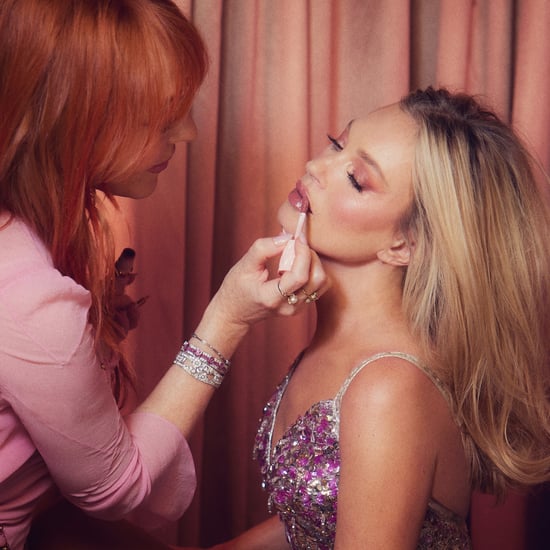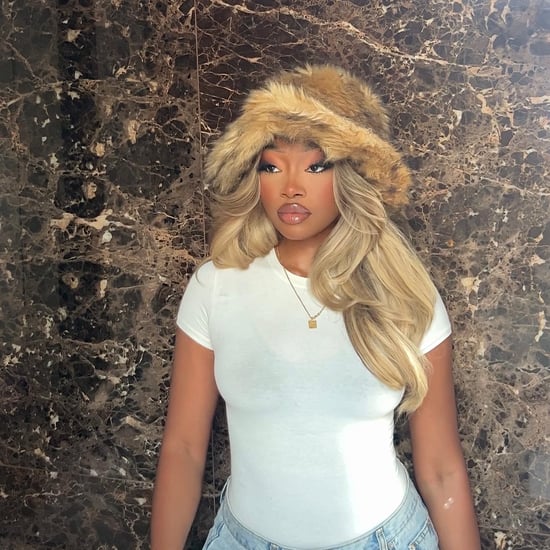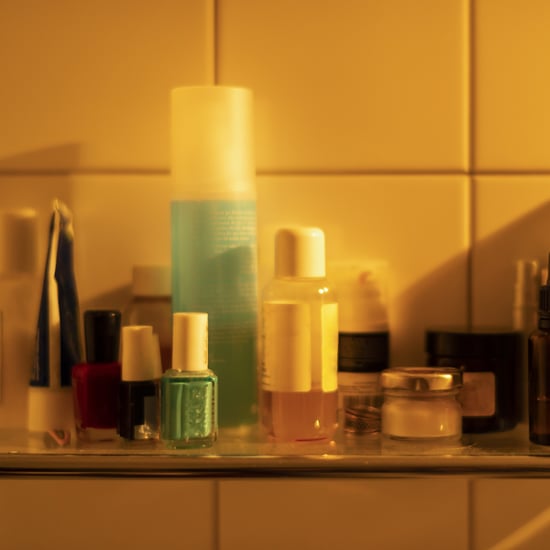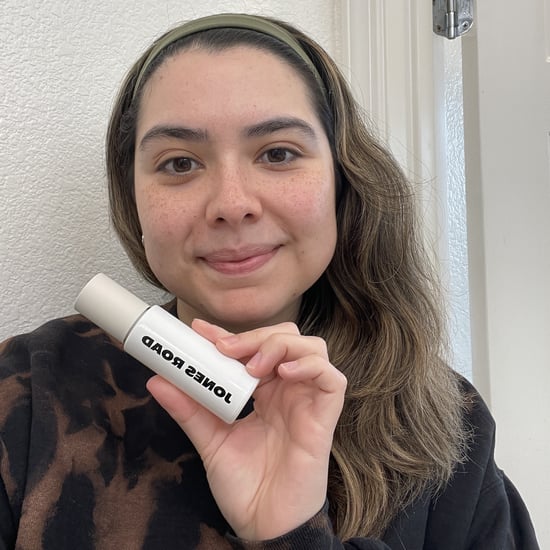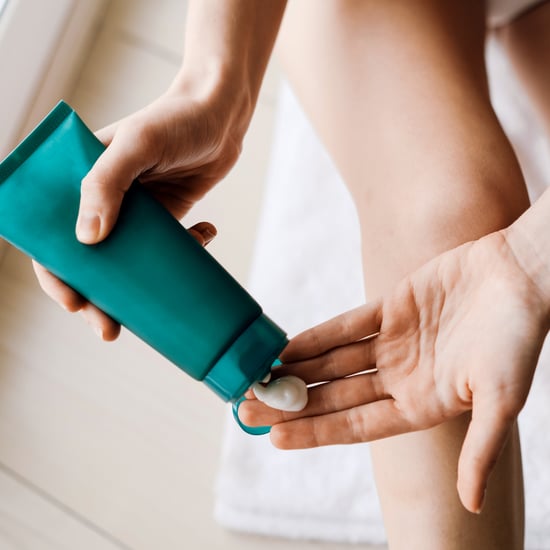Dija Ayodele on Busting Myths in Her New Book Black Skin
Dija Ayodele's Book Black Skin Aims to Take the Legwork Out of Skin Care For Black Women
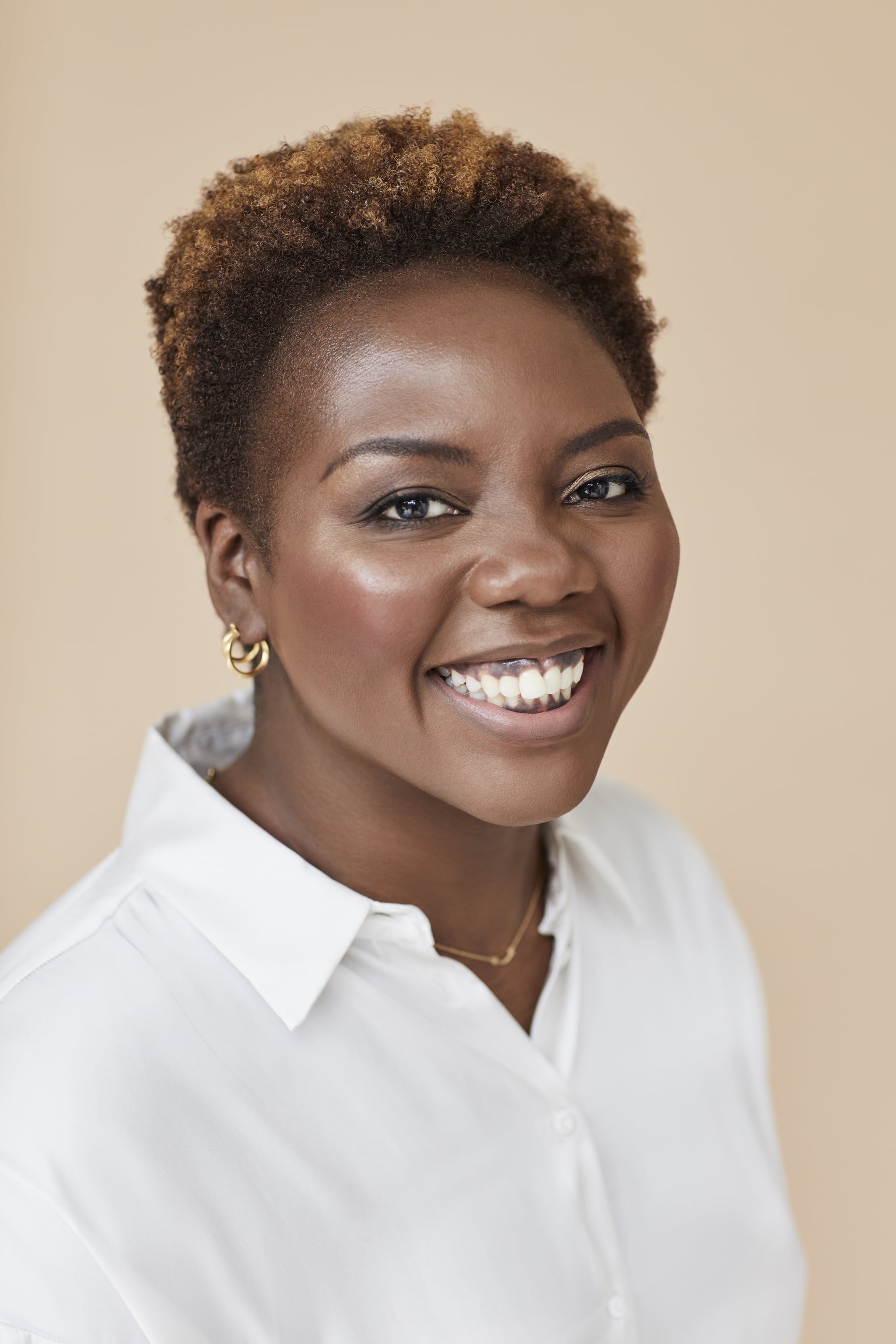
Dija Ayodele is on a mission to take the legwork out of skin care for Black women. The London-based skin-care expert, owner of West Room Aesthetics, and founder of Black Skin Directory has already been an integral voice in the beauty industry, celebrating Black skin and making it a focal point rather than an afterthought.
Now, she's striving to take this even further with her new book Black Skin. The comprehensive skin-care guide takes a deep dive into the uniqueness of Black skin, unpacking myths, diagnosing skin conditions, and looking into the crucial history of Black beauty and skin-care inequality. Plus, she includes a range of treatment suggestions, product recommendations, and so much more.
Ayodele has combined her wealth of expertise in the industry and insider knowledge with her love of history to create a one-stop shop that helps everyone understand Black skin better. Whether you are navigating a skin condition, want to learn more about the commoditisation of Blackness, or are looking for information on the latest treatment, she's covered it all in an easy-to-digest, engaging, and pragmatic way. POPSUGAR sat down with Ayodele to find out all about Black Skin.
Why Ayodele Wanted to Write Black Skin
Writing a book wasn't particularly on Ayodele's agenda, but it was clear from her clients that it was necessary. "We get so many inquiries from places halfway across the world on Black Skin Directory from people saying that they don't have any professionals close to them that they trust and has found their way around Black skin, or darker skin tones. Those sort of things planted the seed for the book," Ayodele said.
That's when the question really hit her: "How can I disseminate information in a more comprehensive manner, rather than the odd article here or there?" Coupled with lots of virtual consultations done over lockdown, she fully realised how many myths and misconceptions were out there. "I think Black women always tend to do this legwork when it comes to skin care because they sometimes feel that it's not available to them or marketed right. You don't know whether something is suitable for us or not and you're constantly having to overinvest yourself to find out. I wanted to alleviate all of that." That's when Black Skin was born.
I think Black women always tend to do this legwork when it comes to skin care because they sometimes feel that it's not available to them or marketed right.
Why Ayodele's Approach to Writing the Book Is Important
Ayodele's approach to writing the book is one of the things that makes it such a success. "One thing I've always taken pride in is that I write in very plain English. I do not need to tell you about the process of melanogenesis, but I can tell you how melanin is transferred between skin cells, which is exactly the same thing. I don't like the idea that we have skintellectuals making skin care so confusing," she said, explaining that a lot of those people aren't in clinics seeing women day-to-day. "I can tell you, hand on heart, the average woman just wants to know how to stop getting spots or what they should look out for in their products. They don't want to know the ins and outs. Nobody's got time."
Having said that, Ayodele believes that in some instances getting to the bottom of the scientific names is integral to advocate for oneself. "There are certain instances where the real words are important to know so that if you are going to go and advocate for yourself, you know what they are. For example, rosacea has four subtypes, which all have very scientific words." Ayodele kept these four diagnoses in the book for that exact reason.
Ayodele's 3 Favourite Sections of the Book
"Being a history buff, I wanted to underpin all the information with some history. I didn't want it to just be like a skin-care guide: practical, and that's all you get. I wanted it to have some weight to it as well, which is why there's a lot of history in it. That's why there's a journey through it about Blackness, Black beauty, the relationship people have with the beauty industry, and how that has transpired over the years," she explained. "I really wanted that section to add some more gravitas and also to inform — especially for people who aren't beauty consumers. The general beauty ecosystem, the journalists, the PRs, the brand owners, the formulators, I wanted to give them something meatier to walk away with. It was important for me to think, 'What else don't they know culturally about Black skin, or the approach of Black women in beauty?'"
"If we think Black women get left out of the skin-care narrative, Black men don't even get thought about."
Aside from the history, Ayodele really enjoyed writing the section on teenagers. "At my clinic, we get a lot of teenagers coming through the doors, brought in by Mum or big sister. I wanted something for them because I think teenagers have a very hard time, harder than I did." Finally, another very important section for Ayodele is one for Black men. "If we think Black women get left out of the skin-care narrative, Black men don't even get thought about," she said. "Those are the sections I really, really enjoyed, because again, it's shining the light on areas that we tend to overlook. We tend to think skin care is just for women."
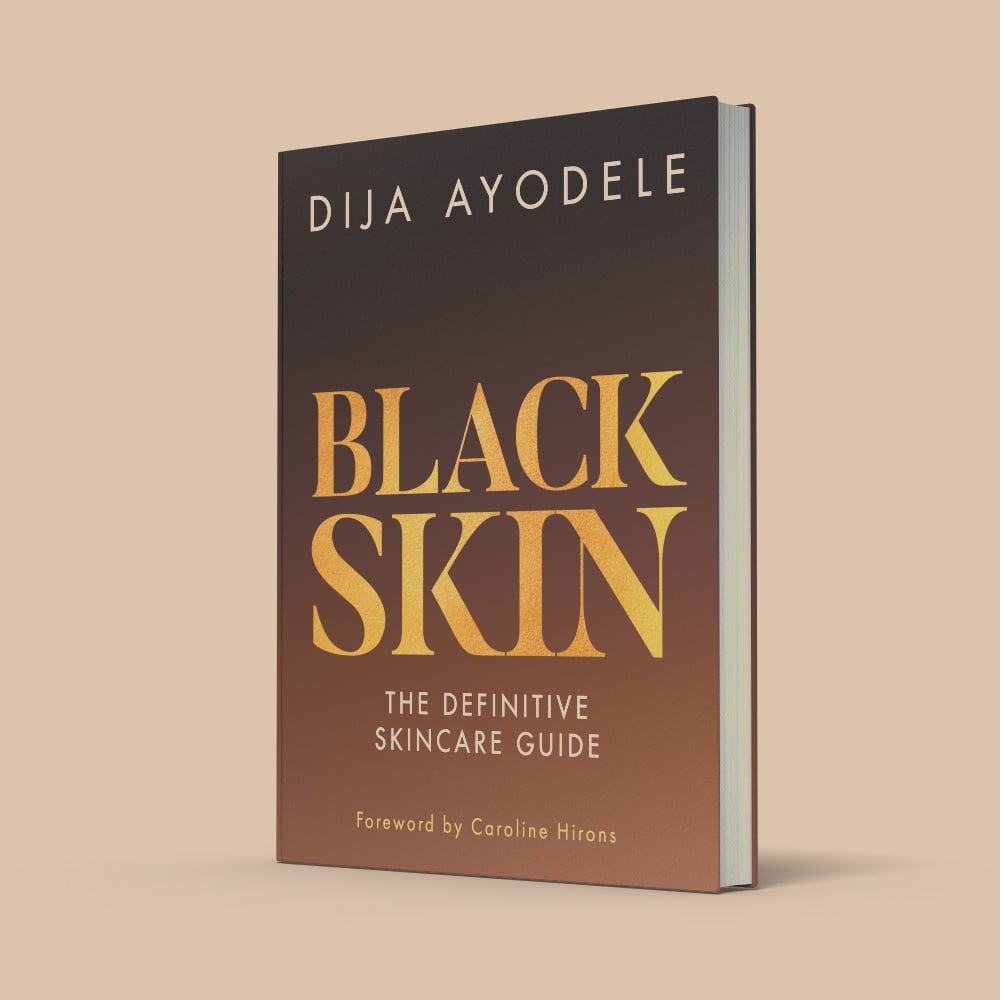
Ayodele on Black Women Being Included in Skin-Care Marketing
When it comes to skin-care products catering for Black skin and darker skin tones specifically, Ayodele explained that not only is it important that the actual formulas have come a long way but that the marketing has, too. "Sunscreen, for example, has come on leaps and bounds — we still have some way to go with mineral sunscreens, though — with the texture and elegance of formulations. But not only that, the inclusion of darker skin tones and Black skin in the marketing spiel has also vastly improved," she said. "Back in the day, you'd have sunscreens that were suited to dark skin but nobody would tell us so we wouldn't know. Now, we're part of the advertising. I think beauty is constantly going to be work in progress, we're always going to be moving towards nirvana, but it has vastly improved."
Ayodele on What Else Needs to be Done to Create a More Diverse and Equitable Beauty Industry
One of the most important aspects in striving towards a more inclusive beauty industry is education. "Coming from a therapist point of view that's been through the traditional beauty-school route, then having to up-skill myself, I definitely fall back on education, because I think that's grassroots," Ayodele said. "It's great seeing more Black people in corporate positions and beauty companies, you need more Black people and people of colour in management and decision-making roles that can trickle down information, so that brands are going to be more open and diverse. However, from the other end, feeding into the system, you need the therapists who have received the right education. From the minute you start beauty school, there should be information and knowledge you should be tested on."
Ayodele explained that unless therapists are being shown extreme conditions, you won't see Black skin in the textbooks. "Black skin would only be wheeled out for something that was very extreme, which means that your day-to-day skin conditions are misdiagnosed. Again, Black people are left with this legwork. I know people who have taken the Black Skin Directory on their phone to the GP," Ayodele said. "GPs have previously told me that they tell their patients to use Black Skin Directory, and part of me is really pleased but another part of me thinks, 'It should not be what you rely upon. Your state-funded, taxpayer medical education should have given this to you in the first place, not me who is sat in my kitchen.' It shouldn't be like that. Lack of education is meaning that it's creating a cycle of mistrust, which then fuels poor health outcomes."
That's why education is crucial when it comes to moving forward to a more equitable industry. "When you take away the frivolity of beauty and all of that — I don't think the beauty industry's frivolous at all, we're worth billions, but when you take away that aspect — there's actually some real serious health messaging and outcomes that are affected. If you take away things like eczema, psoriasis, and all those conditions that can be misdiagnosed on skin, it actually really impacts on people's health and their mental health, which is why education is so key."
Black Skin is available to buy now
